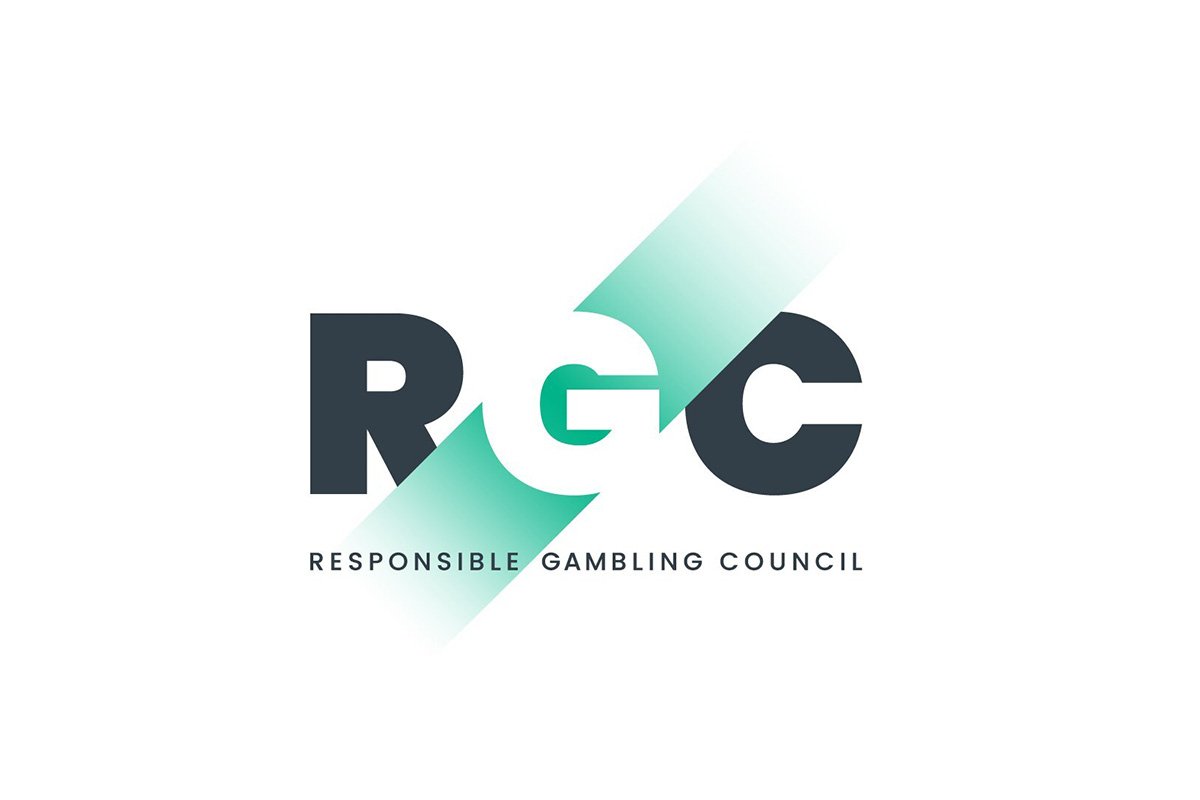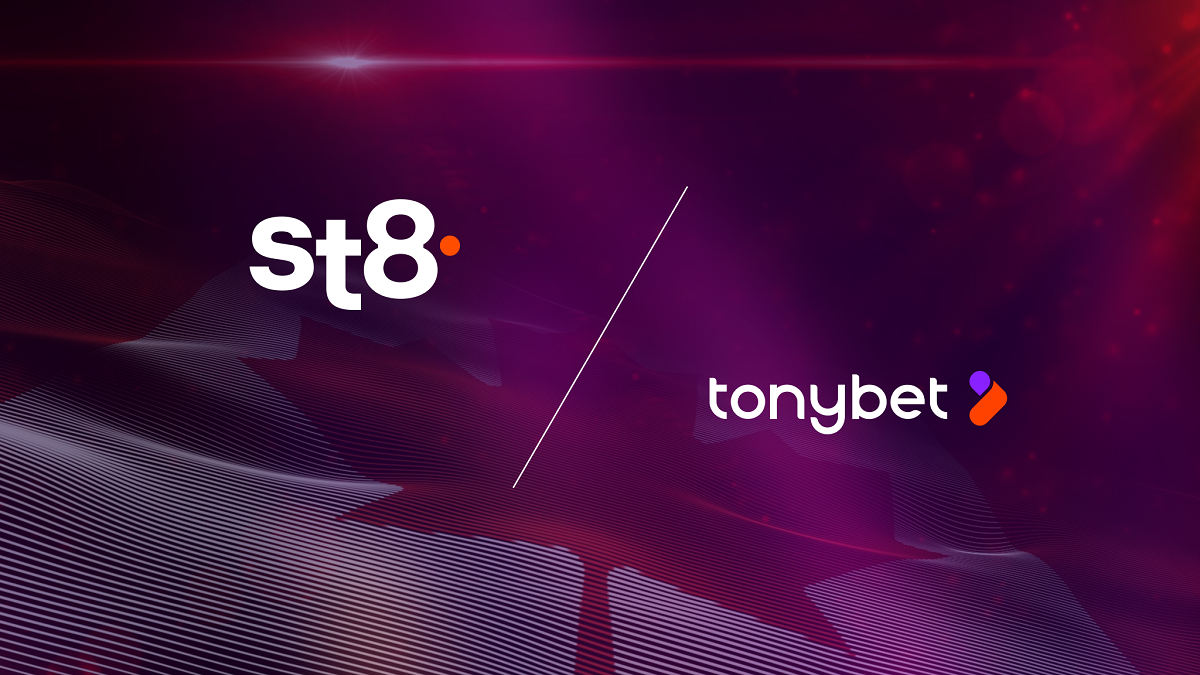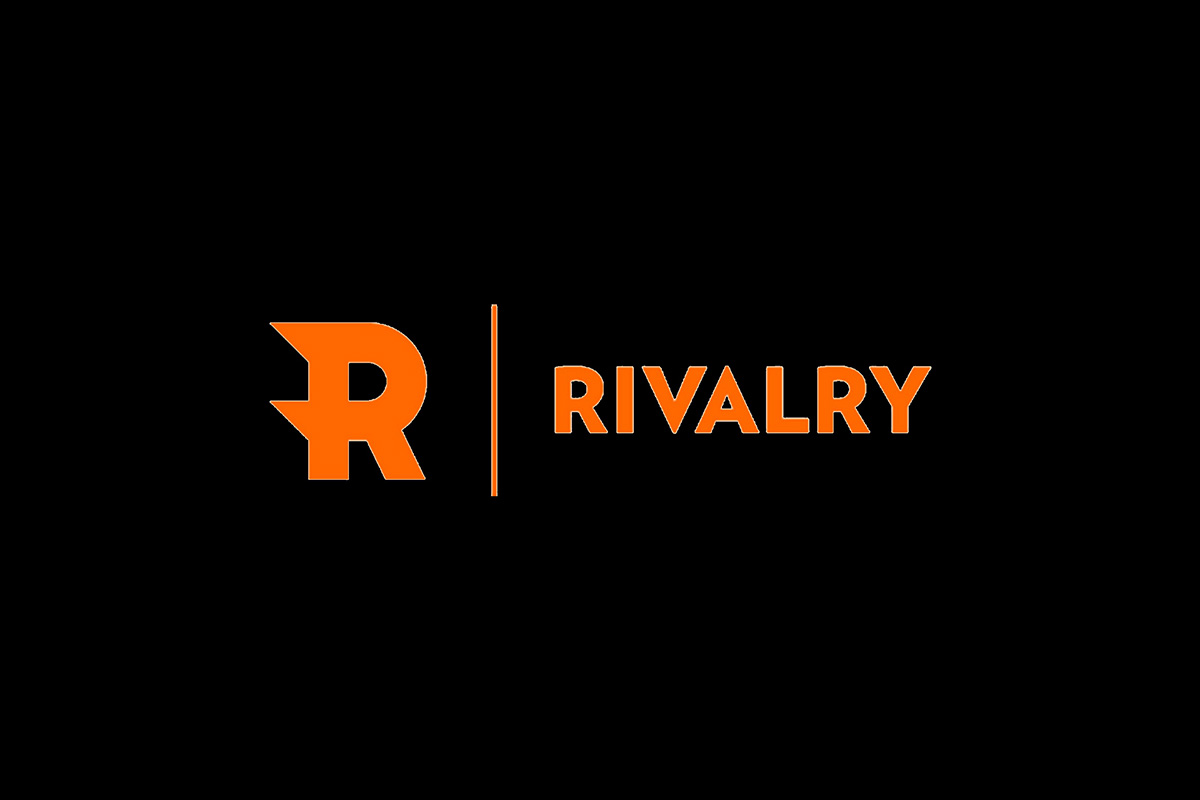Canada
What You Need to Know About Gambling and Your 2021 Taxes

The deadline for filing 2021 federal tax returns looms on April 18 this year and for gamblers, it’s an occasion to be reminded of how the tax code addresses their gaming activity. Generally speaking, that’s not too kindly.
The bottom line is simple and stern. As a rule, all income from gambling — including real money online casino play — must be reported eventually on Line 8 of the familiar Form 1040 (along with inclusion on Schedule 1).
To some, it may come as a surprise that gambling income is reported as a gross figure and not a net result. That stands in contrast to, say, capital gains or losses realized in stock transactions, which are reported on Line 7 of the Form 1040 (usually, along with a Schedule D).
In plain English and by example what that means is this: If a taxpayer wins $500 playing the slots in a casino on Monday and then loses $800 playing the slots on Tuesday, the taxpayer is required to report the $500 win on his Form 1040 on Line 8. The $800 loss would be accounted for on Schedule A (Itemized Deductions) — but there are caveats.
The first may be familiar to taxpayers who gamble. Reported gambling losses cannot exceed gambling wins so in the above example, the taxpayer would have an allowable deduction of just $500 for net zero result (the gamble eats the excess $300 loss). But then there’s another issue.
The taxpayer gets to account for gambling losses only if he/she itemizes deductions on Schedule A. And as a result of the 2017 tax revision, the allowance for the standard deduction was raised to a point where it doesn’t make financial sense for the vast majority of taxpayers to itemize their deductions.
What that means for many taxpayers who gamble relatively modestly is that they have no opportunity to deduct any gambling losses. So, the gaming “win” stands alone as income even if the aggregate gambling activity was a net loss.
As an aside, the standard deduction for married couples filing a joint return for tax year 2021 is $25,100. For single taxpayers and married individuals filing separately, the standard deduction is $12,550. For heads of households, the standard deduction is $18,800.
The impacts of gross gambling income on line 8 may be subtle but can be significant. For instance, that amount gets carried down to Line 11, adjusted gross income, which can affect a range of tax circumstances, such as how much of the taxpayer’s Social Security benefits are taxable.
FUNDAMENTAL TAX RULES FOR GAMBLERS
- Taxpayers who gamble should remember that all gambling winnings must be reported as income regardless of whether the operator issues documentation, such as a W-2G or a Form 1099.
- Unfortunately, gamblers cannot “net” their winnings and losses when reporting gambling income. Gambling income is usually reported on Schedule 1 and then carried over to Form 1040, Line 8.
- Gambling losses are accounted for on Schedule A, Itemized Deductions, and taxpayers must itemize to get the benefit of a gambling loss deduction. However, taxpayers have to choose between itemizing deductions or taking the standard deduction.
- If gambling losses are taken as a deduction, they cannot exceed the amount of gambling wins.
- Win or lose, taxpayers should keep a journal of their gambling activity. They should note where, when, what games were played, and how much was won or lost. Taxpayers should also keep any evidence of wagering activity, losses included.
- State taxes may also be due on gambling winnings and rules vary from state to state. Gamblers should familiarize themselves with their state’s tax policies on gambling income.
OTHER THINGS TO KEEP IN MIND
The proliferation of gambling, both bricks-and-mortar and on the internet, has created complications for taxpayers that should be addressed by a tax professional but there are some things taxpayers should keep in mind.
As mentioned earlier, keeping a journal of gambling activity be part of your record-keeping.
Remember, all gambling winnings are reportable even if a gambling operator doesn’t issue paperwork, often a W-2G or a 1099-MISC or a 1099-K.
And speaking of W-2Gs, here are the occasions when the Internal Revenue Service says a W-2G should be issued by the gambling operator:
- 1. The winnings (not reduced by the wager) are $1,200 or more from a bingo game or slot machine;
- 2. The winnings (reduced by the wager) are $1,500 or more from a Keno game;
- 3. The winnings (reduced by the wager or buy-in) are more than $5,000 from a poker tournament;
- 4. The winnings (except winnings from bingo, slot machines, keno, and poker tournaments) reduced, at the option of the payer, by the wager are:
- a. $600 or more, and
- b. at least 300 times the amount of the wager; or
- 5. The winnings are subject to federal income tax withholding (either regular gambling withholding or backup withholding).
What may irritate taxpayers who gamble is how gambling activity is treated as opposed to something like day-trading stocks. In the latter case, which also involves substantial risk-taking, the stock day-trader gets to net losses against gains without having to choose between itemizing deductions and taking the standard deduction.
UNFAIRNESS TO GAMBLERS
The unfairness to taxpayers who gamble, particularly those who play at modest levels, was noted by the American Gaming Association, the trade group that represents the gambling industry, when the 2017 tax code was being revised.
“Under such a higher standard deduction, small and mid-level slot machine players may not be able to itemize their deductions, even with their gaming losses, and hence may not be able to offset gaming wins reported as income with the full amount of their gaming losses,” the AGA said in a letter to Capitol Hill.
“AGA strongly recommends, as a matter of tax simplification, that gaming players should be permitted to subtract gaming losses from gaming winnings in order to compute their taxable net gaming income for purposes of reporting adjusted gross income, without being required to itemize their deductions.”
Unfortunately for gamblers, that recommendation was not taken by the Congress.
For years, the AGA has been trying to get the threshold for issuing W-2Gs raised from $1,200 to $5,000 without any luck. However, early in March, the Congressional Gaming Caucus advanced an effort to raise the slot tax threshold to $5,000 with bipartisan legislation and also provide a mechanism for future increases based on inflation. The current $1,200 slot tax threshold has not been adjusted for inflation since 1977 and, since then, the instances of $1,200 W-2Gs has skyrocketed.
DON’T FORGET STATE TAXES
In addition to concerning themselves with federal taxes, gamblers need to deal with state income tax obligations. Some states allow deductions for losses, some do not. Some states allow for losses and wins to be netted, most do not.
Michigan, for example, changed its tax laws recently to allow for gambling loss deductions where there are winnings. Mississippi, meanwhile, has its 3% tax where the gaming establishment withholds a 3% “nonrefundable” tax at the time a W-2G-level jackpot is hit regardless of whether the winner is a state resident.
Casino customers from outside the country get separate treatment. In many cases, the United States has tax treaties with other countries that dictate how non-U.S. gamblers are treated from a tax perspective. For instance, in the United Kingdom, gambling winnings are not taxed and the U.S. tax treaty with the UK means that U.S. taxes are not withheld from those gambling customers.
Powered by WPeMatico
Alberta iGaming Corporation
Alberta iGaming Corporation Partners with Responsible Gambling Council

The Alberta iGaming Corporation (AiGC) has announced a partnership with the Responsible Gambling Council (RGC) that will make RG Check accreditation a mandatory requirement for all internet gaming (iGaming) sites entering Alberta’s regulated market.
This collaboration demonstrates Alberta’s commitment to player protection by ensuring every regulated operator meets the highest evidence-based standards for responsible gambling.
“Alberta is committed to building a safer, regulated iGaming environment where player protection comes first. By requiring RG Check accreditation, we’re ensuring that every iGaming operator in our market has demonstrated their commitment to player safety through independent verification of their responsible gambling programs,” said Dan Keene, Interim AiGC CEO.
RG Check is a Canadian-made, globally trusted, independent responsible gambling accreditation program. Developed by RGC more than a decade ago, RG Check evaluates sites against rigorous, evidence-based standards, covering governance, player safeguards, staff training, and marketing practices. The accreditation provides clear, measurable accountability and has become the gold standard for responsible gambling across multiple jurisdictions.
“This partnership with AiGC demonstrates the power of regulators and responsible gambling experts working together to protect players from day one. Alberta is building on a strong foundation established in Ontario, where RG Check has proven its value in creating safer gambling environments. This proactive approach ensures that player protection isn’t an afterthought; it’s built into the market from the ground up,” said Sarah McCarthy, CEO of RGC.
Alberta’s requirement will ensure that:
• All iGaming sites must achieve RG Check accreditation
• Operators must maintain their accreditation in good standing while operating in Alberta
• RGC will conduct assessments based on internationally recognized responsible gambling standards
• AiGC will work closely with RGC to ensure ongoing compliance and continuous improvement.
Requiring accreditation in Alberta’s market reflects AiGC’s commitment to promoting responsible gambling, and will create a level playing field where protecting players is a competitive advantage, not just a compliance checkbox.
For operators who currently hold RG Check accreditation in another jurisdiction, the transition to Alberta will be streamlined. While a distinct Alberta accreditation is still required, existing accreditations will be recognized to simplify the process and reduce costs. Operators will benefit from an efficient onboarding process that reduces administrative burden while maintaining the same rigorous standards for player protection.
The post Alberta iGaming Corporation Partners with Responsible Gambling Council appeared first on Americas iGaming & Sports Betting News.
Canada
St8 launches in Ontario through partnership with Tonybet

Casino games aggregator and full-service technology provider, St8 has officially gone live in Ontario’s regulated market through a new partnership with international brand Tonybet.
Through the partnership, Tonybet gains access to St8’s casino games aggregation platform, offering a wide range of premium titles from leading providers through a single API, alongside bonusing and promotional tools, compliance and licensing solutions, advanced reporting and data capabilities.
Built as a single scalable platform, St8’s products are designed to help operators launch and grow across regulated markets with fast, flexible technology solutions while maintaining full compliance.
The agreement marks a further step in St8’s global growth strategy as the company continues to expand its presence across regulated jurisdictions.
Vladimir Negine, CEO at St8, said: “Going live in Ontario is an important milestone for St8 and reflects our continued commitment to growth in regulated markets. Since receiving our Ontario licence, we have focused on building strong local partnerships and delivering a platform that combines scalability, speed and compliance.
“As a respected international brand, Tonybet shares our commitment to building reliable solutions for regulated markets, and we look forward to working closely together as we continue to expand our presence in regulated jurisdictions worldwide.”
Kiryl Liudvikevich, Head of Product at Tonybet, added: “As we expand our presence in Ontario, it is important for us to work with technology partners that support continued growth while meeting the highest regulatory standards.
“St8’s platform gives us the flexibility to integrate a wide range of content and tools through a single connection, helping us scale smoothly while maintaining a strong focus on player experience.”
St8 continues to lead the way as a partner of choice for regulated markets. In addition to its Ontario licence, the company holds licences in key regulated jurisdictions like the United Kingdom, Sweden and Romania, among others.
The post St8 launches in Ontario through partnership with Tonybet appeared first on Americas iGaming & Sports Betting News.
Canada
Rivalry Corp. Announces Significant Reduction in Operations and Evaluation of Strategic Alternatives

Rivalry Corp. announced that its Board of Directors has approved a significant reduction in operating activity as the Company evaluates strategic alternatives in respect of its assets and operations.
The Company is engaged in discussions with third parties regarding potential transactions. However, in light of recent performance volatility, the Board has determined to materially reduce the scale of operations while assessing whether a strategic transaction or other alternative can be advanced.
Effective immediately, the Company is implementing substantial cost reductions, including a significant workforce reduction and reduced operating expenditures. The Company has paused player activity on its platform and is facilitating player withdrawals in the ordinary course.
The Company is assessing a range of potential alternatives, which may include asset-level transactions, corporate transactions, restructuring initiatives or other strategic outcomes.
Given the Company’s reduced operating scale and the ongoing evaluation process, there can be no assurance that any strategic alternative will be completed or that operations will continue in their current form.
The post Rivalry Corp. Announces Significant Reduction in Operations and Evaluation of Strategic Alternatives appeared first on Americas iGaming & Sports Betting News.
-

 Blueprint Gaming6 days ago
Blueprint Gaming6 days agoBlueprint Gaming unleashes Frankenstein’s Fortune blending dynamic modifiers with multi-path bonus offering
-

 Compliance Updates7 days ago
Compliance Updates7 days agoHow to Apply for a Finnish iGaming License: Gaming in Finland Webinar on Application Steps and Technical Standards
-

 Big Daddy Gaming7 days ago
Big Daddy Gaming7 days agoBig Daddy Gaming® Expands European Footprint After MGA Licence Approval
-

 Latest News4 days ago
Latest News4 days agoGGBET UA hosts Media Game – an open FC Dynamo Kyiv training session with journalists from sports publications
-

 Compliance Updates6 days ago
Compliance Updates6 days agoMGA Publishes Results of Thematic Review on Self-exclusion Practices in Online Gaming Sector
-

 Amusnet6 days ago
Amusnet6 days agoAmusnet Unveils Casino Engineering and Technology Milestones Achieved in 2025
-

 Brais Pena Chief Strategy Officer at Easygo7 days ago
Brais Pena Chief Strategy Officer at Easygo7 days agoStake Goes Live in Denmark Following Five-Year Licence Approval
-

 Dan Brown6 days ago
Dan Brown6 days agoGames Global and Foxium return to the Colosseum in Rome Fight for Gold the Tiger’s Rage™



















